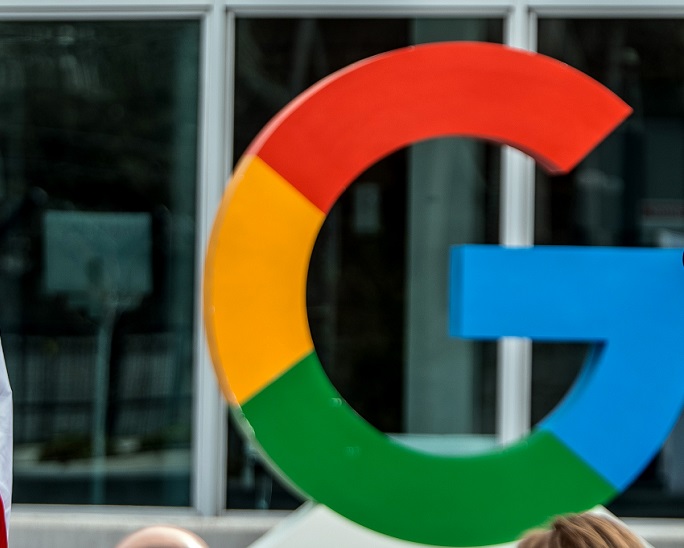
Google reports breakthrough in quantum computing
Google has announced a new milestone in quantum computing that could pave the way for future uses in drug discovery and materials science, reported Xinhua. Using its latest quantum chip, called Willow, the company has developed a novel algorithm that outperforms conventional computers. The breakthrough was published in a peer-reviewed article in Nature on Wednesday and was achieved by Google's quantum Artificial Intelligence team. Hartmut Neven, a vice-president of engineering at Google, said in a blogpost that real-world use of quantum computers could still be five years away. However, Google CEO Sundar Pichai said the breakthrough with the algorithm, which the U.S. tech company has called "quantum echoes," is a significant step. According to Google, the Willow chip ran the algorithm 13,000 times faster than the best classical algorithm on one of the world's fastest supercomputers. It could also, in theory, be replicated on another quantum computer. "Our Willow chip has achieved the first-ever verifiable quantum advantage," Pichai said in a post on X, calling the breakthrough a significant step toward the first real-world application of quantum computing. The new algorithm can explain interactions between atoms in a molecule using nuclear magnetic resonance (NMR), Pichai said, potentially paving the way for future uses in drug discovery and materials science. This is not Google's first claim of quantum advantage, but researchers say the new achievement sets a critical milestone because the results are repeatable and independently verifiable. "This repeatable, beyond-classical computation is the basis for scalable verification, bringing quantum computers closer to becoming tools for practical applications," Google said in an official blogpost. Michel Devoret, winner of this year's Nobel Prize for Physics and chief scientist at Google's quantum AI unit, said, "This marks a new step towards full-scale quantum computation." Nevertheless, some scientists remain cautious, highlighting ongoing technical challenges.